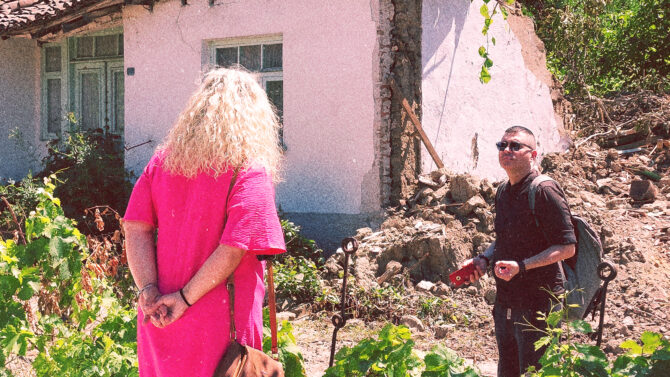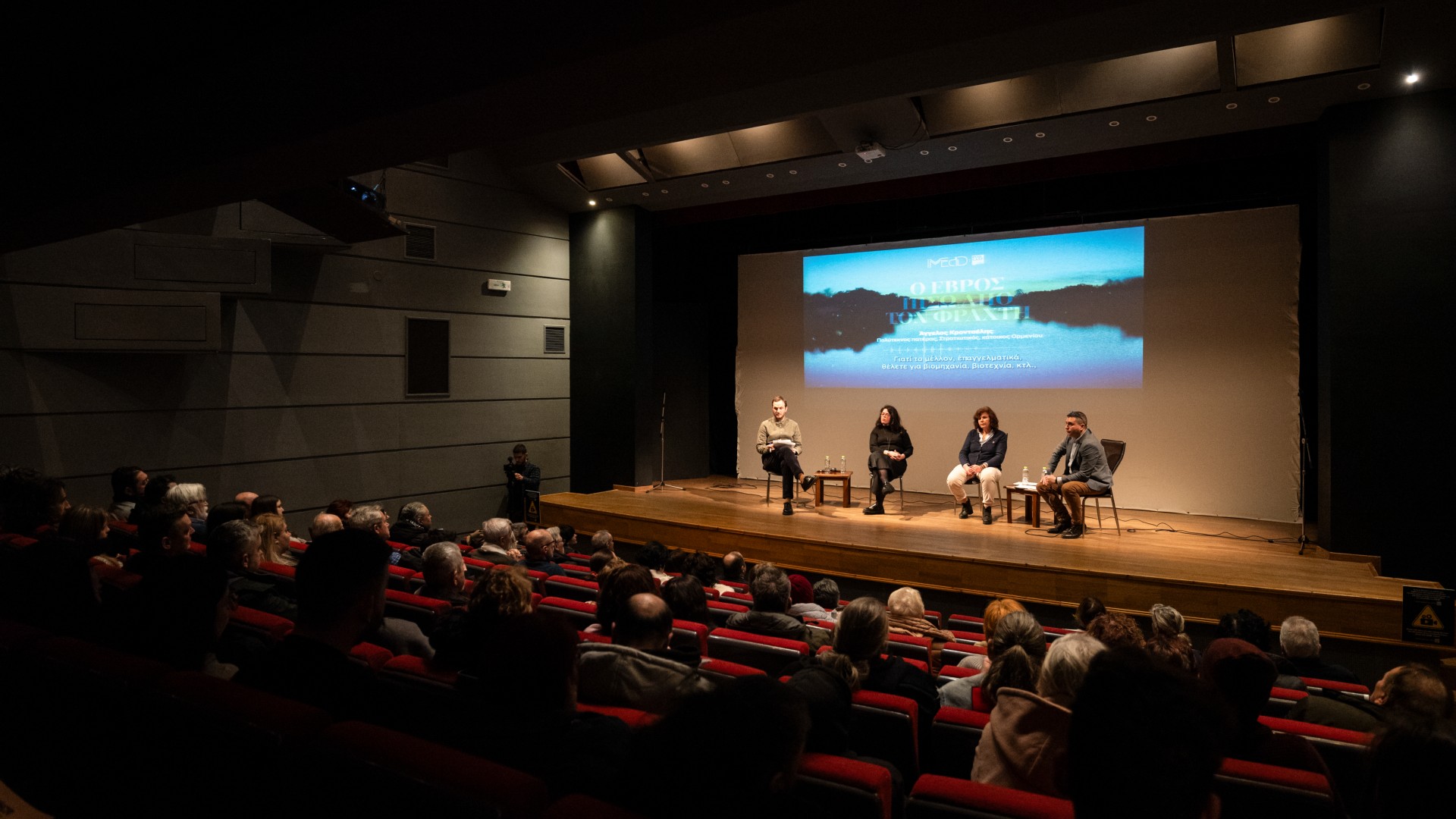8 Years Ago, Austin, Texas. Less than two months into Donald Trump’s first presidential term, the U.S. was still reeling from the election results. At South by Southwest—the massive festival of music, film, and technology held annually in the most liberal city of a traditionally conservative state—there was palpable concern about the new norms his presidency would bring. Those of us attending had marked one discussion in particular on our schedules: a public talk featuring the (then) executive editor of The New York Times and Pulitzer Prize winner, Dean Baquet.
He spoke about many things: the role of journalists and the media in today’s world, the shift from print to digital, the distinction between communication and journalism. Some of his insights proved prescient, while others, as time would reveal, did not hold up. No matter how rigorously the media exposed Trump through hard-hitting reporting, he returned, more threatening than before.
But one remark stayed with me. Near the end of his talk, Baquet offered a kind of self-criticism:
“We should have had a better understanding of the country. We can’t just stay in places like New York, where the cosmopolitan nature can be misleading. We should have gone to remote parts of the country, listened to our readers with greater respect. Take me, for instance—I’m from Louisiana, and I know how deeply important religion is to people there. That’s why I understand we’re making a mistake when we portray religion as a caricature.”
Making the podcast “Evros Behind the Fence”

Journalist Apostolos Staikos traveled to northern Evros to document life in the remote border villages for iMEdD’s new podcast.
Fast Forward to a Few Weeks Ago, Orestiada, Greece.
We were there for an event marking the launch of iMEdD’s new podcast series, “Evros Behind the Fence.” 900 kilometers from Athens, Baquet’s words came alive. You know nothing about a place until you visit and listen to the people who live there. That’s when stereotypes—positive or negative—fall apart spectacularly.
In the “Dionysos” cinema theater, residents of Orestiada and the remote villages of Trigono spoke to us. They described life where the nearest pharmacy or ATM is 20 kilometers away, where no first-graders enrolled at the school this year, where factories shut down, jobs disappear, and the future feels increasingly uncertain. They gave us new angles to the discussion about the border fence and perspectives on migration we had never considered. And they moved us with their unwavering love for their homeland—a love that fuels their determination to stay.
For us, it was a stark reminder: journalists must go to the story, not the other way around. And that principle extends far beyond reporting. How can you write about diversity, equity, and inclusion if your newsroom doesn’t reflect them? How can you analyze today’s political shifts without journalists coming from working-class backgrounds who understand the anxieties fueled by deepening inequalities? In other words, how can you truly grasp why the far right is rising worldwide? In 2025, as seismic changes unfold across all levels of society, the greatest barriers to journalism are Privilege and Distance. Only by dismantling them can journalism regain Trust.

